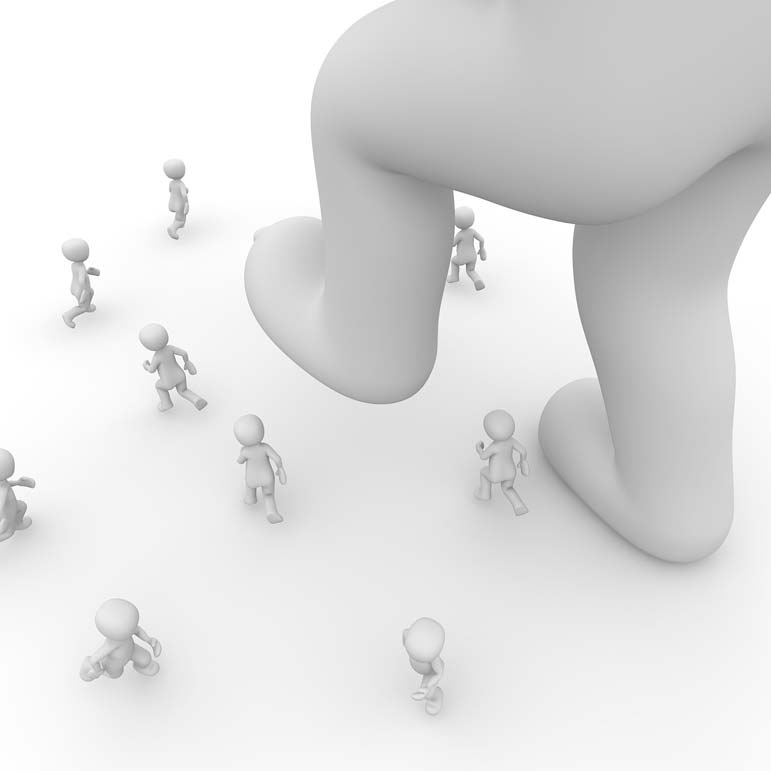
The word eikev, which is the name of this week's Torah reading, and is translated as "since" or "because", is associated with another Hebrew word, akeiv, meaning "heel."
Rashi, the foremost commentator, already comments that this association indicates the Torah's warning against treating any of the mitzvos (religious duties) lightly, stepping upon them with one's heel in disdain, so to speak.
The word akeiv in the sense of "heel" previously appears in the Torah regarding the birth of Esau and Jacob.
There, the Torah records that when the twins were born, Jacob grasped the heel of Esau as they emerged into the world.
The symbolism there once again conforms to the idea that Rashi conveys to us in this week's Torah reading.
Esau steps on things with his heel. He destroys people and civilizations, holiness and lofty spirituality, by denigrating them, treating them as being insignificant and inconsequential, grinding them into nothingness with his heel.
Jacob's -- Jewry's -- task in life is to hold unto Esau's heel, preventing him by his efforts from accomplishing that destructive goal. Apparently, he who controls the "heel" controls the fate and destiny of humankind.
This is also the implicit message of this week's Torah reading — that listening to The Divine's word and not treating it with scorn or indifference is the key to maintaining a more human and peaceful society.
Stepping on any of the values of Torah, no matter what the seeming ideological justifications for such behavior at that time, leads to untold societal and personal harm.
Be careful what one steps upon. It eventually rises up to bite back in return.
This week's Torah reading deals with the basic idea of Judaism, that of cause and effect.
There are no acts of life that remain truly insignificant. Small things sometimes later assume almost cosmic importance. For the want of a nail, a kingdom can be lost.
The sages in Ethics of the Fathers warned that one should not measure the value or significance of mitzvos. The "light" duty may be of vast importance not only because of the unknown systems of Divine rewards, but also because the "light" mitzvah may also have heavy consequences of cause and effect.
This is in line with the further idea expressed in Ethics of the Fathers that one mitzvah leads to the accomplishment of another mitzvah thereafter. The consequences of a mitzvahare inevitably good while the consequences of trampling upon a mitzvah — again, no matter what the ideological justification may be — inevitably are detrimental to the individual and to society.
The entire book of Deuteronomy pleads for Jews to see the big picture, the vision of a just and caring society. In order for such a vision to take on the flesh of reality, the small things in society must be accounted for favorably.
We all like to talk about the big things in our world — peace, security, democracy, etc. — but as long as we continue to step with our heels on the small things — courtesy and compassion to others, respect for our traditions and Torah, and a sense of satisfaction with our lives — little progress towards the accomplishment of the great goals will take place. So, let us all step carefully in life.
(Comment below, please)
JWR contributor Rabbi Berel Wein, one of Jewry's foremost historians, is an author and international lecturer.


 Contact The Editor
Contact The Editor
 Articles By This Author
Articles By This Author